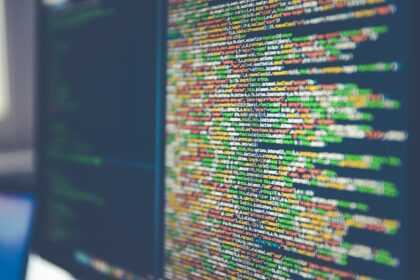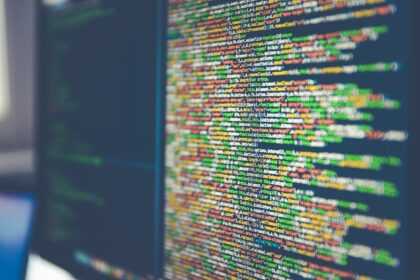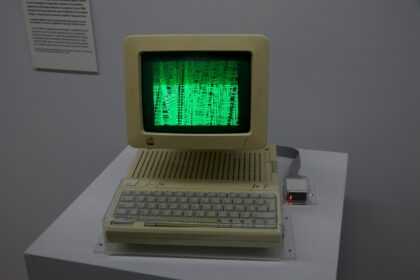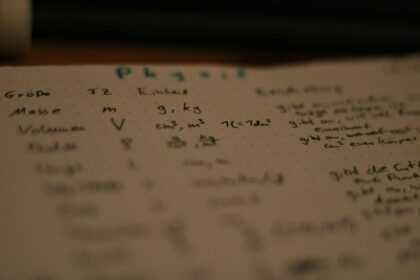Signal processing – information extraction techniques
Applying tailored filters directly influences the clarity and relevance of data retrieved…
Predicate logic – first-order reasoning systems
To analyze statements involving objects and their relationships, an interpretation assigns meaning…
Security analysis – vulnerability assessment methods
Begin by constructing a comprehensive attack model that captures potential threat vectors…
Compliance monitoring – regulatory adherence verification
Establish a robust policy framework that aligns organizational processes with established standards…
Container orchestration – application deployment management
Kubernetes streamlines the coordination of microservice-based workloads by automating the scheduling, scaling,…
Parallel algorithms – concurrent computation design
Maximizing throughput requires structuring multiple processing units to operate simultaneously while minimizing…
Bioinformatics – computational biology applications
Sequence alignment remains a cornerstone technique for identifying homologous genes and inferring…
Numerical analysis – approximation algorithm development
Start with constructing iterative procedures for finding roots of nonlinear equations, emphasizing…
Deadlock prevention – resource contention resolution
Avoiding circular waits is a fundamental approach to eliminate system stalls caused…
Process calculus – concurrent system modeling
To accurately represent multiple entities operating simultaneously, formal frameworks such as CSP…











